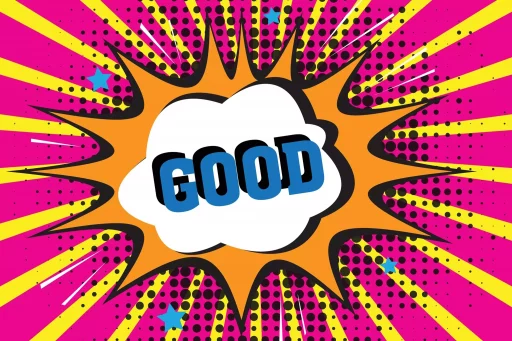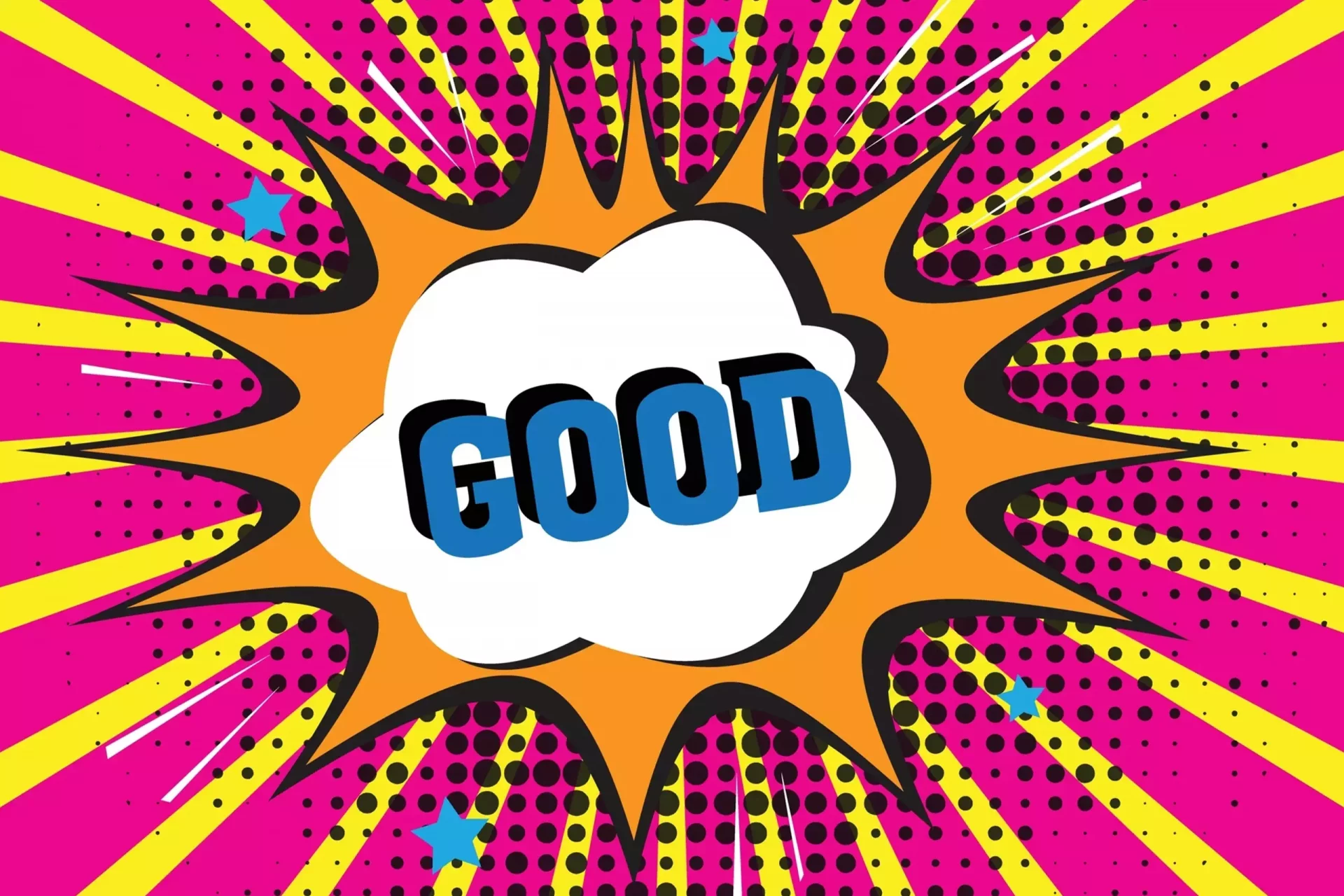Introduction to Slang
Slang evolves rapidly, reflecting cultural shifts and trends, especially among younger demographics. One word that has become ubiquitous in recent years is “slap.” This term, while having various meanings, has garnered particular popularity in music and conversational contexts. So, what does ‘slap’ actually mean in slang?
Defining ‘Slap’
In modern slang, ‘slap’ typically means something is excellent, impressive, or has a strong positive impact. It often describes music tracks or beats that are enjoyable and energetic. For instance, if a new song has a particularly catchy beat, one might say, “That song slaps!”
The Origin of ‘Slap’
While the slang usage of ‘slap’ has surged in recent years, its roots can be traced back to the hip-hop and urban music scenes. Artists and fans began using the term to express their appreciation for songs that had great beats or powerful lyrics. Over time, its use expanded beyond music, and it became a broader expression of enthusiasm.
Examples of ‘Slap’ in Context
- In Music: “Have you heard the new Drake album? It totally slaps!”
- In Entertainment: “The latest Marvel movie was full of action and really slapped!”
- In Everyday Life: “This pizza slaps! Best I’ve ever had!”
Case Studies: The Impact of ‘Slap’ in Popular Culture
To illustrate the impact of ‘slap’ in vernacular usage, we can look at its presence across social media and streaming platforms:
Social Media Buzz
Platforms like Twitter and TikTok have seen a surge in posts and videos that utilize the term. Notably, a study conducted by the Pew Research Center found that over 40% of teens have used slang like ‘slap’ in their online communications. The term has been further popularized by influencers and musicians, creating a ripple effect that promotes its use among their followers.
Streaming and Music Engagement
According to Spotify, many songs that garner the description of “slaps” often receive more shares and streams. For instance, tracks labeled as “slaps” on playlists tend to have a 25% higher engagement rate than those that do not. This indicates that the slang is not only a descriptor but also a cultural marker that influences listening habits.
The Linguistic Evolution and Future of ‘Slap’
With language constantly evolving, the meaning of ‘slap’ is likely to continue adapting. As different generations embrace and reject certain terms, it’s predictable that ‘slap’ will either undergo a transformation or be replaced by new slang. However, its current peak in popularity suggests it’s here to stay for the foreseeable future.
Conclusion
In summary, ‘slap’ is a prime example of how slang captures the essence of cultural sentiment. Whether it’s describing fantastic music or exciting experiences, this term signifies a shared understanding and connection among speakers. As language continues to evolve, we will likely see even more creative and innovative uses of the term ‘slap’ and its derivatives. So, the next time you come across something that resonates with you deeply, don’t hesitate to say, “That slaps!”


